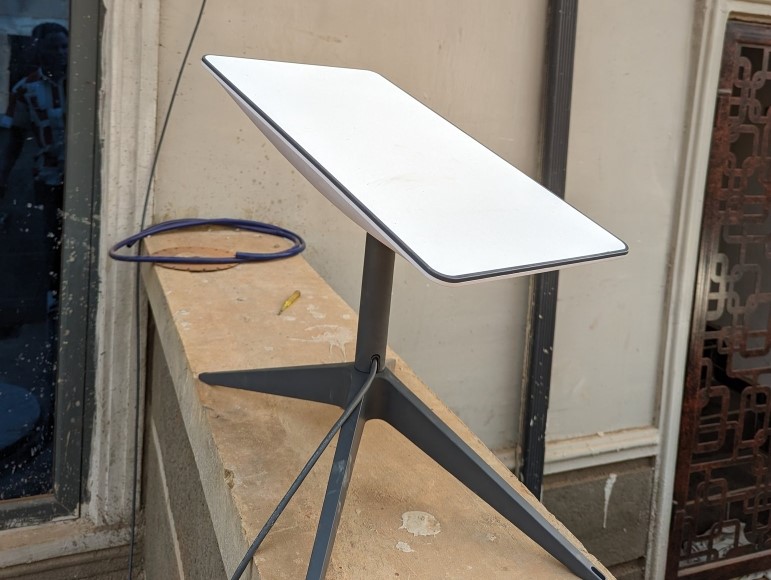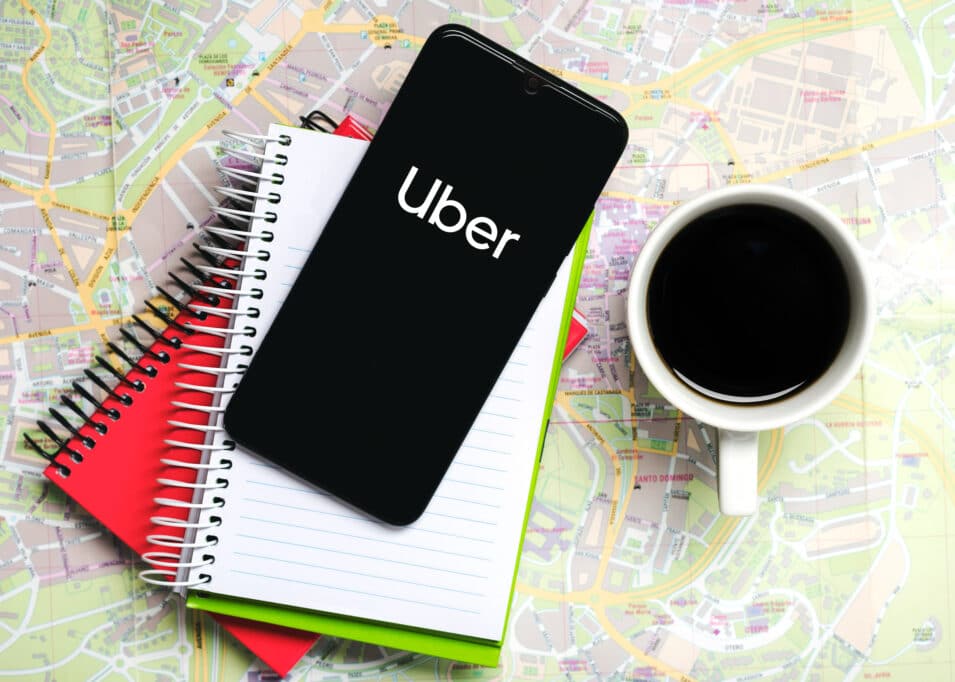Hello,
Victoria from Techpoint here,
Here”s what I’ve got for you today:
- Canal+ ups its stake in MultiChoice to 40.01%
- Starlink cracks down on roaming in Zimbabwe
- Uber for teens go live in South Africa
Canal+ ups its stake in MultiChoice to 40.01%
Groupe Canal+, the big French media company, just bumped up its stake in MultiChoice, the folks who own DStv, to 40.01%. MultiChoice spilled the beans to shareholders in a Johannesburg Stock Exchange news service statement last Friday.
Now, some folks are wondering if Canal+ might eventually take over the whole shebang and own more than 50%.
Well, MultiChoice doesn’t see that happening anytime soon. It says going over 50% would trigger a merger under South Africa’s Competition Act, needing a nod from the Competition Tribunal.
And get this: if Canal+ snaps up shares for more than R125 each, it has to up its offer price. Canal+ made a mandatory offer last month after crossing the 35% threshold set by South Africa’s Companies Act.
In the latest update, MultiChoice revealed it’s roped in Standard Bank as an independent expert to review Canal+’s offer. Plus, it’s named an independent board to weigh in on whether shareholders should take the deal. The board includes some MultiChoice bigwigs like Deborah Klein and Dr. Fatai Sanusi.
Canal+ isn’t wasting any time either. It’s already bumped up its stake from 35.01% to 36.6%. And guess what? It might keep buying more shares while negotiations are ongoing. If it does, MultiChoice says it’ll have to cough up more dough per share.

Be the smartest in the room
Join 30,000 subscribers who receive Techpoint Digest, a fun week-daily 5-minute roundup of happenings in African and global tech, directly in your inbox, hours before everyone else.
Starlink cracks down on roaming in Zimbabwe

Starlink is discontinuing its services in Zimbabwe due to a request from the country’s communications regulator.
Though Zimbabwe hasn’t officially embraced Starlink yet, many folks there are using its roaming service through kits bought in neighbouring countries like Mozambique, Rwanda, Zambia, and Kenya.
Starlink is hustling to get regulatory approval in Zimbabwe but can’t guarantee when or where its services will be available, including its roaming option.
Users have the choice to pause their service, and Starlink urges them to reach out to the Postal and Telecommunications Regulatory Authority of Zimbabwe (POTRAZ) to show support for their approval in Zimbabwe.
The satellite Internet service promises to keep users posted once they get the green light. But for now, it’s playing it safe to secure that approval process.
This move comes after POTRAZ warned against using Starlink, even threatening raids on suspected users. Some users have gotten creative, disguising their kits as solar panels or blending them into streetlights to avoid detection.
Starlink has cut off roaming in more African countries than just Zimbabwe. Last month, they did the same in the Democratic Republic of the Congo, sending similar notifications to users.
Despite plans to launch in these countries, regulators in places such as Botswana have prohibited advertising for the service, warning that it is not authorised locally.
Uber for teens rolls out in South Africa

Teens between 13 and 17 can hop on an Uber, but there’s a twist: they need a parent or guardian to set up their account first. Safety’s the name of the game, so Uber added features like live trip tracking, driver ratings, and spending limits.
The new teen accounts are meant to be crystal clear for everyone involved – parents, teens, and drivers.
Previously, you had to be 18 to sign up for Uber, but now, teens can request rides through accounts set up by their parents or guardians. The process involves parents sending an invite link for the teen to download the app, set up their account, and go through safety onboarding. Before the ride, a PIN verification is needed.
During the trip, parents receive push notifications, and the trip’s billing is linked to their account. Teens’ profiles show their date of birth, full name, and phone number, but they won’t have access to all of Uber’s features.
Only highly rated drivers who have passed local screening can accept teen rides, and they have the option to opt-out.
Safety features include restrictions on changing destinations, audio recording, flagging down drivers for off-route or delayed trips, and parents contacting drivers or cancelling trips from their devices.
Last week on Techpoint Africa
What I’m reading and watching
Opportunities
- Apply for Visa Everywhere Initiative (VEI) by May 6, 2024, here.
- Seedstars has announced INFUSE 2024, a global invitation for innovative applications aimed at fortifying health systems against climate threats and improving immunisation delivery. Apply here.
- Explore this website to find multiple job opportunities in Data that align with your preferences.
- If you are a software engineer, creative designer, product manager, design researcher, or a techie looking for an internship role, please, check out this website.
Have a great week!
Victoria Fakiya for Techpoint Africa.





